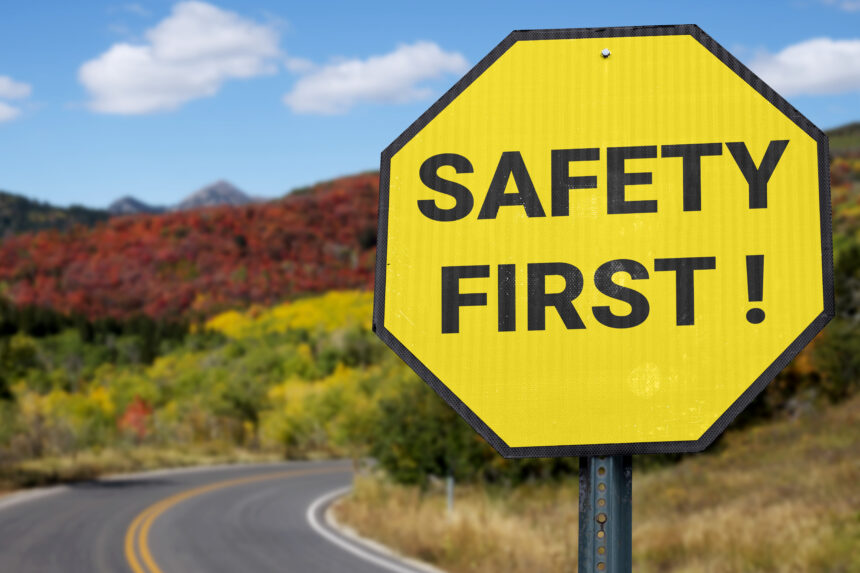In an era marked by geopolitical tensions and rapid information dissemination, the possibility of conflict, though undesirable, cannot be entirely dismissed. While the hope for peace remains paramount, preparedness becomes a civic responsibility. This article outlines essential measures citizens should consider to ensure safety and resilience should hostilities arise.
Understanding the Gravity of the Situation
War impacts not just the battlefield but the very fabric of civilian life. Disruptions can range from communication breakdowns to shortages of essential supplies. Recognizing the potential challenges ahead allows for proactive planning and reduces the risk of panic-driven decisions.
Essential Preparations for Households
- Emergency Supplies: Assemble a kit containing non-perishable food items, potable
water, first-aid essentials, flashlights with extra batteries, and necessary medications.
Aim to have supplies that can sustain your household for at least 72 hours. - Important Documents: Secure vital records such as identification papers, property
deeds, medical records, and financial documents in a waterproof container. Consider
keeping digital copies on encrypted storage devices. - Communication Plan: Establish a communication strategy with family members.
Designate a meeting point in case of displacement and ensure everyone knows
emergency contact numbers. - Stay Informed: Rely on official channels like government bulletins, verified news outlets, and authorized social media accounts for updates. Avoid spreading unverified
information, which can lead to unnecessary panic.
Community Engagement and Support
- Local Coordination: Engage with community leaders and local authorities to
understand evacuation routes, shelter locations, and support services. - Assist Vulnerable Groups: Extend help to neighbors who may require additional
assistance, such as the elderly, individuals with disabilities, or those without access to
transportation.
Mental and Emotional Well-being
The psychological toll of conflict can be profound. It’s crucial to:
- Stay Connected: Maintain communication with loved ones to provide mutual support.
- Limit Exposure: While staying informed is important, excessive consumption of
distressing news can be harmful. Balance is key. - Seek Professional Help: If feelings of anxiety or depression become overwhelming,
consult mental health professionals.









